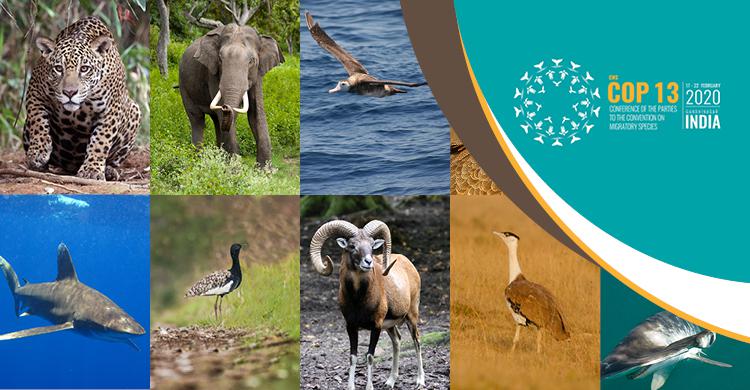
India COP Kicks Off the “Super Year for Nature”
The Thirteenth Meeting of the Conference of the Parties to the Convention on the Conservation of Migratory Species of Wild Animals (CMS COP13) has opened in Gandhinagar, India yesterday.
The Conference kicks off ‘the super year’ for nature, which will include a UN Summit in September and culminate in the UN Biodiversity Conference at the end of 2020, when a new global biodiversity strategy for the next decade will be adopted - the Post-2020 Global Biodiversity Framework.
The concept of ‘ecological connectivity’ is the top CMS priority for the Post-2020 Framework, which calls for the protection and restoration of important geographical areas that together support migratory species during the different phases of their natural lifecycles, such as breeding and feeding.
Deliberations at CMS COP13 in India will focus on how best to protect migratory species in a rapidly changing world.
The UN Global Assessment Report on Biodiversity released in May 2019 (IPBES Report1) found that we are in danger of losing 1 million species to extinction, including migratory species, if we do not step up our actions.
International cooperation is required to protect migratory species and their habitats, which is reflected in the COP13 theme: Migratory species connect the planet – together we welcome them home.
Migratory species bring multiple benefits to humans. For example, migratory species provide seed dispersal, pollination, pest control and other ecosystem services and functions. They also provide major economic benefits and jobs, for instance, through tourism.